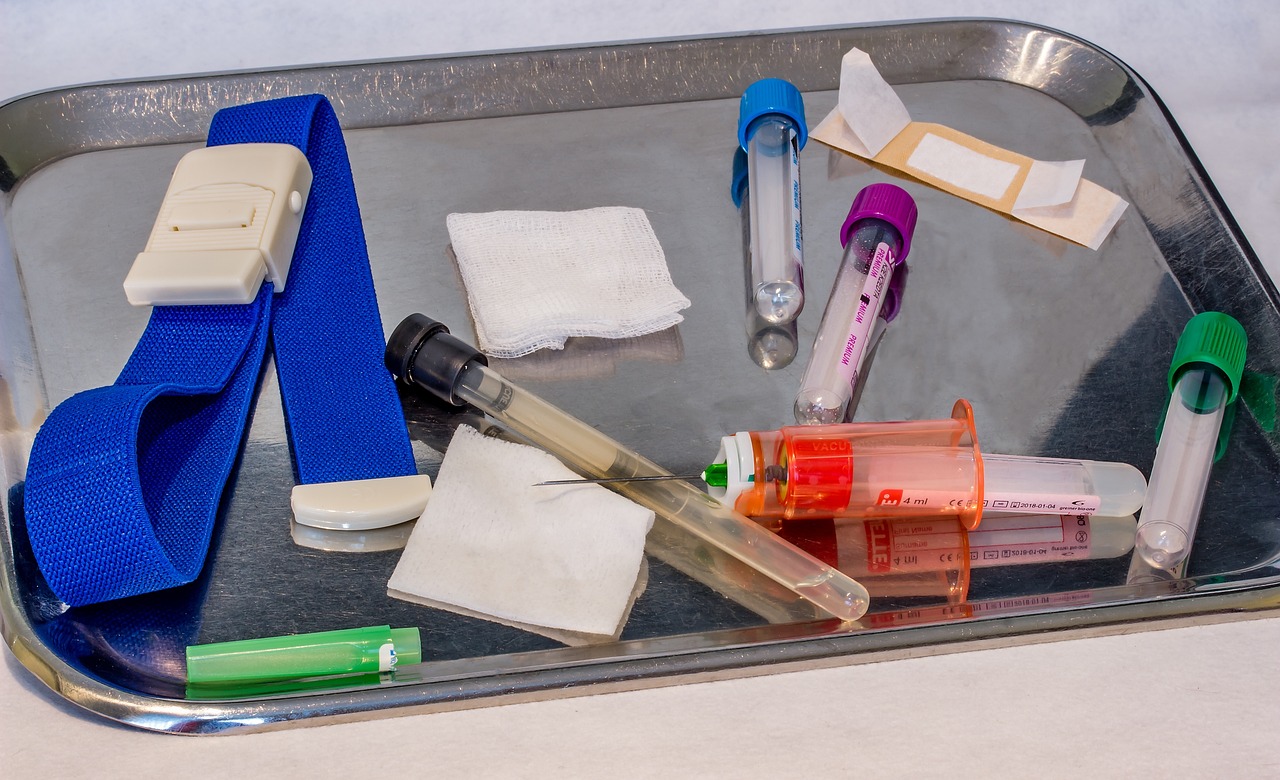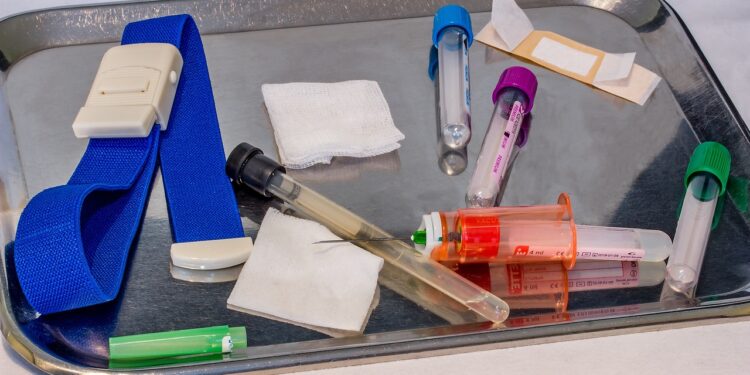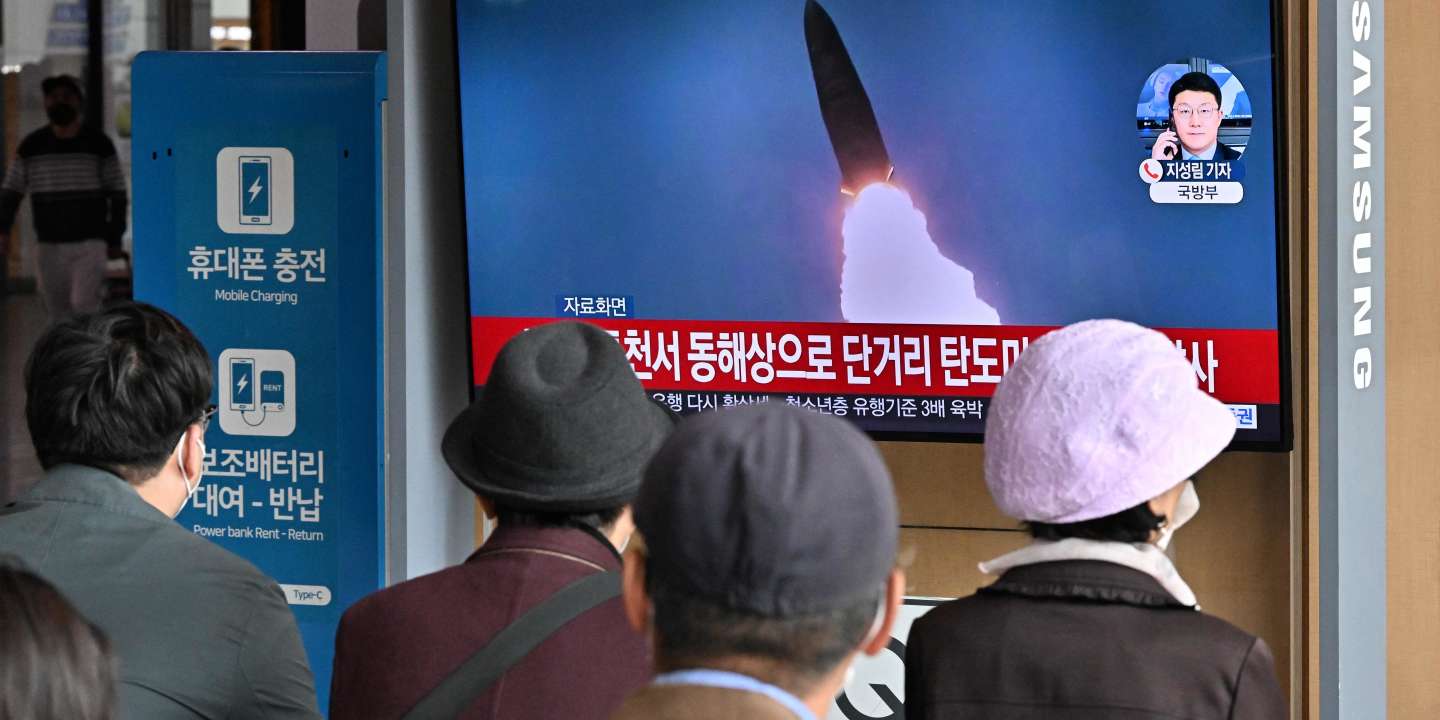In order to guarantee that blood is available for transfusions and medical emergencies, the federal government has announced plans to open Blood Collection Centres in each of the 774 local government districts, including the Federal Capital Territory.
This was announced in a statement released on Saturday in Abuja by Abdullahi Haruna, the head of media and publicity for the National Blood Service Agency. Prof. Saleh Yuguda, the Director-General of the NBSA, was described in the release as affirming the government’s resolve to address the nation’s blood shortage because the initiative will save lives.
“We are putting in a lot of effort to make sure that the needs for blood are met, and this program is a big step in the right direction.
“NBSA has collaborated with the Nigerian Security and Civil Defence Corps (NSCDC) to build a formidable blood bank at the Corps’ medical facility. “This collaboration aims to mitigate blood shortages during medical emergencies and provide critical support to sister security agencies,” he says.

He explained that to commence the blood collecting operation, the FCT will set up strategic blood collection sites in easily accessible places.
“This change is expected to boost blood donation rates and provide a consistent supply of blood for medical use. “The development of blood collection centres around Nigeria demonstrates the government’s commitment to strengthening the country’s healthcare system.
“As the project rolls out, Nigerians should expect improved access to blood transfusions and better health outcomes,” the minister added.
According to the announcement, the NSCDC’s Deputy Commandant Emeka Okeke stated, “This initiative will play a vital role in addressing blood shortages and saving lives.”
Final Thoughts
The plan to establish blood collection centres in all 774 local governments in Nigeria, including the FCT, is a significant step forward in addressing the country’s persistent healthcare challenges, particularly the shortage of blood for medical emergencies and transfusions.
This initiative can save countless lives, especially in rural areas where access to healthcare is limited.
It will also help build a sustainable blood supply chain across the nation, which is crucial in a country where accidents, childbirth complications, and diseases like sickle cell anemia create a high demand for blood.

















